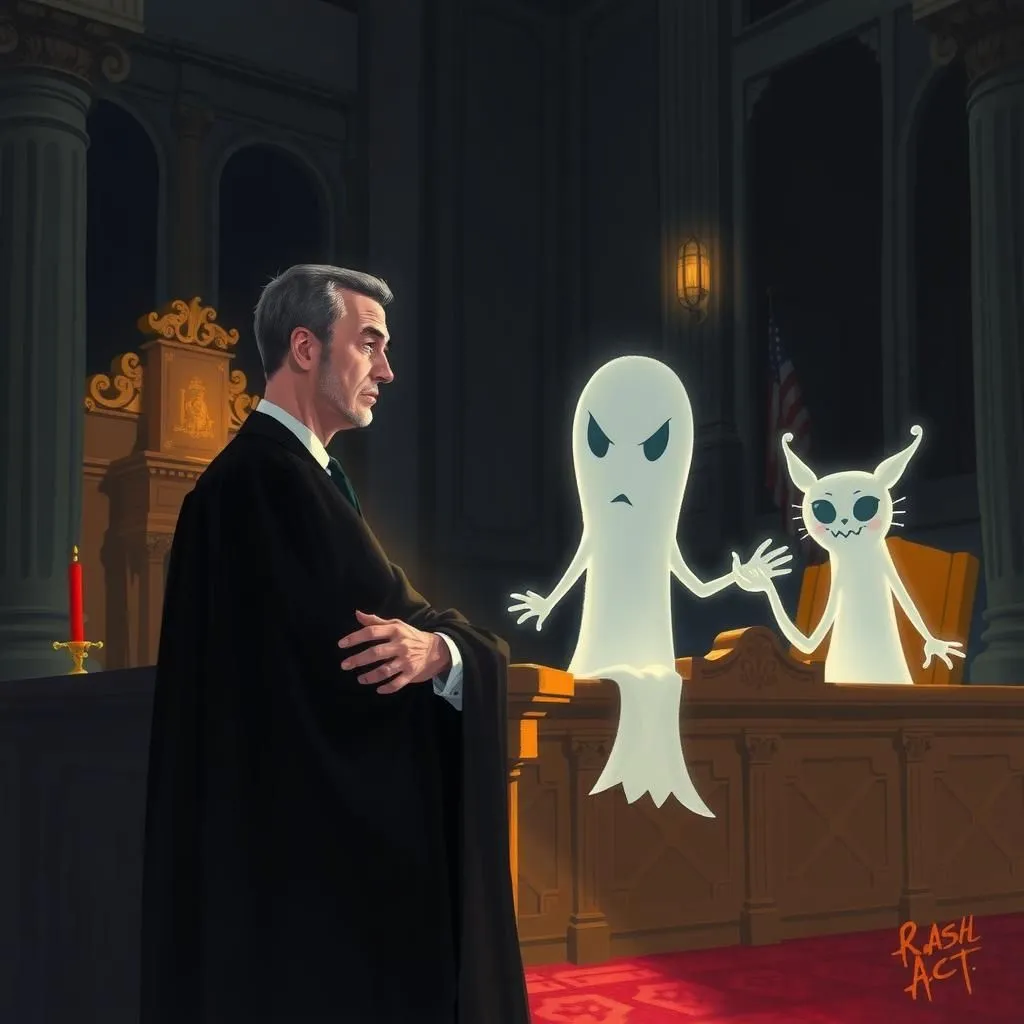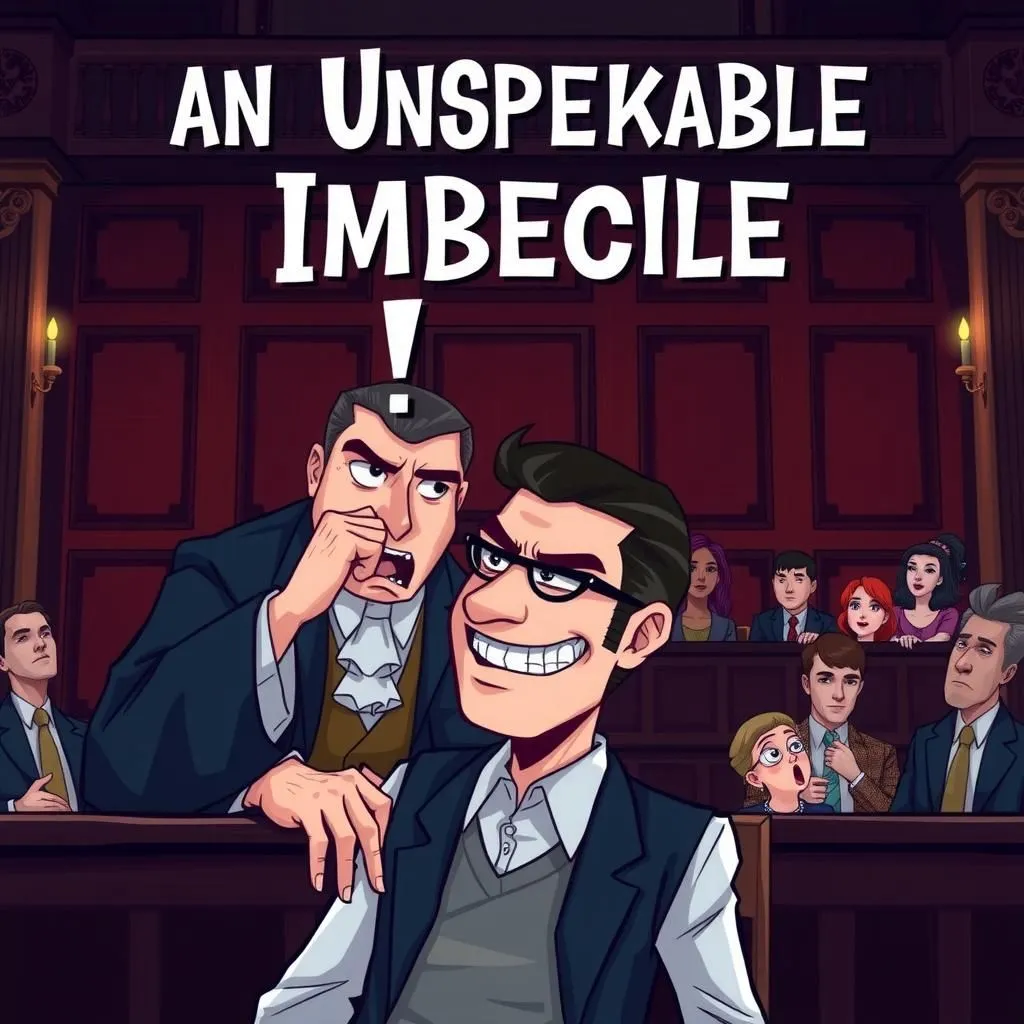
The Charcoal Burner and the Fuller
In the quick moral story "The Charcoal Burner and the Fuller," a charcoal-burner invites his friend, a fuller, to live with him to save on expenses. However, the fuller declines, explaining that their trades are incompatible, as the charcoal-burner's work would negate his efforts to whiten fabric. This culturally significant tale emphasizes that individuals with opposing natures or interests may struggle to coexist harmoniously, making it a valuable lesson in small moral stories for kids.


